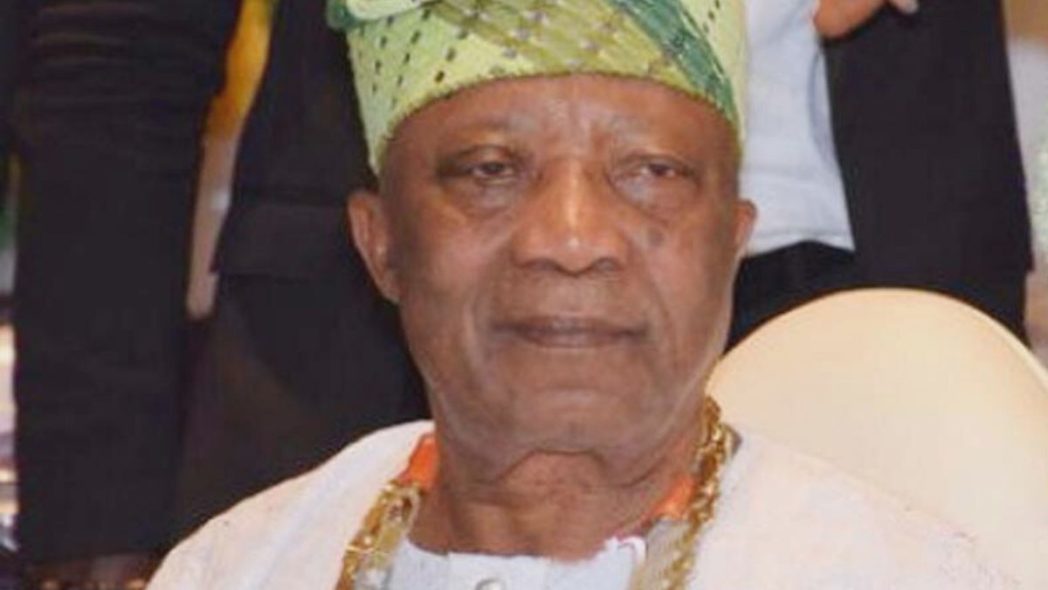The Federal High Court in Abuja on Monday, fixed July 4 for judgment in the suit filed by the Nigeria Inter-Bank Settlement System Plc against the Central Bank of Nigeria and others.
NIBSS, in the suit, is seeking an order to prevent any institution from challenging its statutory authority to maintain and manage the Bank Verification Number database in Nigeria.
Justice James Omotosho fixed the date after lawyer to NIBSS, Babatunde Ige, and CBN’s counsel, Kofo Abdulsalam-Alada, adopted their processes and presented their arguments for and against the suit.
The News Agency of Nigeria reports that NIBSS, through its lawyer, Ademolai Esan, SAN, had sued the Incorporated Trustees of Digital Rights Lawyers Initiative (ITDRLI), the CBN and the Attorney-General of the Federation (AGF) as 1st to 3rd defendants respectively.
NIBSS seeks a declaration that it is statutorily empowered to maintain and manage the BVN database.
It said this is pursuant to the Central Bank Act 2007, the Banks and Other Financial Institutions Act 2020, and the Revised Regulatory Framework for the Bank Verification Number (BVN) Operations and Watchlist for the Nigerian Banking Industry 2021.
“Pursuant to the provisions of the framework, NIBSS, as a designated participant in BVN operations, is statutorily authorised to manage and maintain the BVN database and ensure its seamless operation, among other functions,” it added.
It, therefore, accused ITDRLI (1st defendant) of filing multiple suits, either directly or through proxies, challenging its authority to manage the BVN database and alleging that such management violates constitutional privacy rights.
However, ITDRLI denied the allegations in it court processes, asking the court to dismiss the suit.
NAN reports that Justice Omotosho had, on May 19, dismissed a motion for joinder filed by the Incorporated Trustees of Data Privacy Lawyers Association (DPLAN), describing it as “unmeritorious.”
When the matter was called on Monday, no lawyer appeared for ITDRLI and AGF. despite being served with hearing notices.
NIBSS counsel, Ige, in his argument, prayed the court to give judgment in favour of his client.
The CBN lead counsel, Abdulsalam-Alada, however, drew the court’s attention to his counter affidavit filed on February 11.
In the application, the lawyer urged the court to hold that NIBSS’ management of the BVN database is statutorily authorised, constitutionally justified and essential for maintaining the stability and security of Nigeria’s financial system.
“The initiative does not infringe on the constitutional right to privacy but rather serves as a necessary tool for safeguarding public interest and enhancing financial security,” he said.
He said the power of the apex financial system regulator to issue directives on BVN development was derived from the provisions of the CBN Act of 2007 and the Banks and Other Financial Institutions Act of 2020.
Abdulsalam-Alada submitted that the CBN had the power under Section 47(2) of the CBN Act to develop payment and settlement systems in Nigeria.
“Pursuant to this, NIBSS was established alongside all the other banks in Nigeria,” he stated.
He further said that the CBN Act empowers the apex bank to promote a sound financial system in Nigeria.
“We urge your Lordship to note that the introduction of the BVN in Nigeria is for the promotion of a sound financial system.
“The security of the deposits of the average Nigerians or even non-Nigerians who bank with banks in Nigeria is very key,” he added.
The lawyer, therefore, urged the court to consider the importance of the BVN framework and its operationalisation by NIBSS in holding that the plaintiff had the power to maintain the BVN database in Nigeria.
After hearing from the lawyers, Justice Omotosho adjourned the matter until July 4 for judgment.
NAN reports that a BVN is a unique number that allows individual accounts to be verified across the Nigerian banking industry.
Besides, It is issued to every bank customer at enrollment and is linked to all of the customer’s bank accounts in the country.
Post Views: 17









